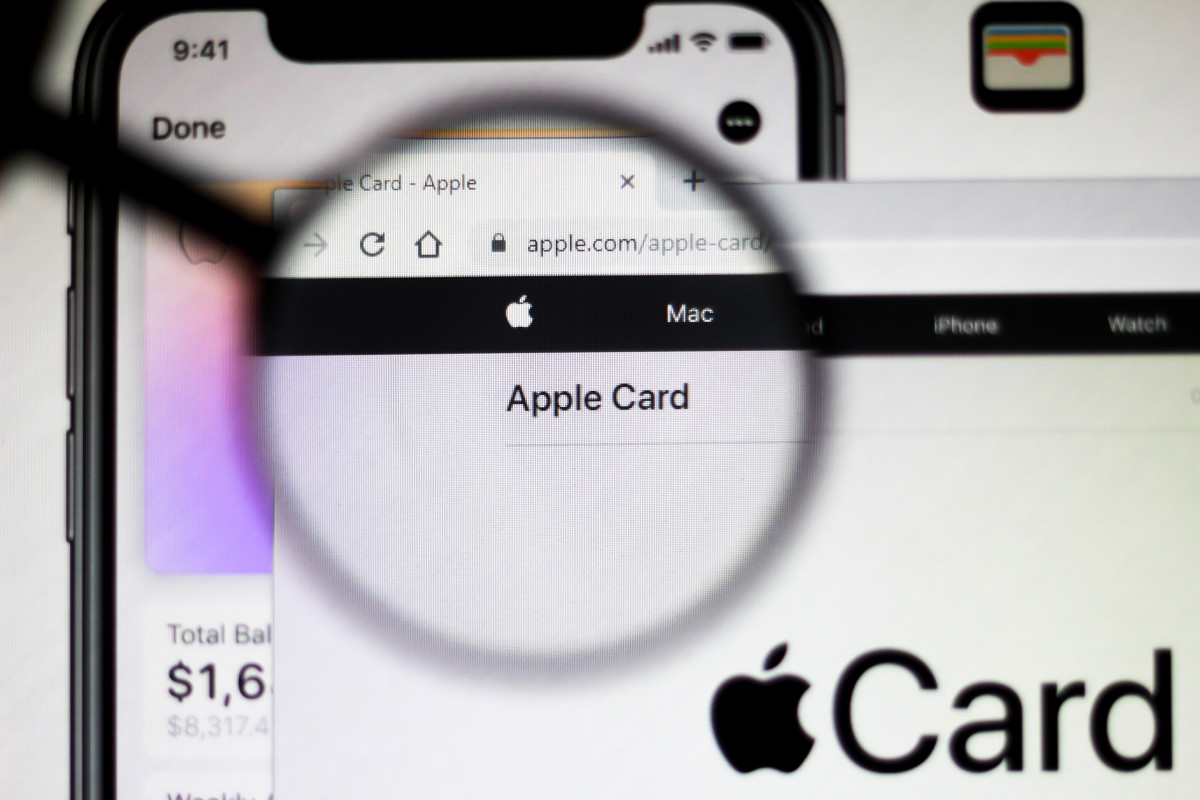
Goldman Sachs (GS) -) made a game-changing partnership with Apple (AAPL) -) in 2019. The collaboration between both entities gave birth to a new credit card, Apple Card, which promoted features such as daily cashback, no fees and tightened privacy and security. Also, in April of this year, both companies released a high-yield savings account, offering a 4.15% APY.
But now, it seems that Goldman Sachs is having second thoughts about its deal with Apple. According to the Wall Street Journal, both Apple Card and the Apple Savings accounts are underperforming, and Goldman Sachs executives are itching to axe the bank’s partnership with Apple.
Related: Apple, Goldman Face Criticism Over Alleged Sexism in Credit Card Algorithm
Analysts were initially skeptical of the deal between Apple and Goldman Sachs shortly after it was first announced. A report by Nomura released in August in 2019 predicted that the new deal may underwhelm customers and lead to financial losses for Goldman Sachs due to a possible economic downturn. “As a new entrant, Goldman Sachs does not have the historical data or experience that lenders obtain when underwriting through a credit cycle,” Analyst Bill Carcache said in the report.
He also estimated in the report that Goldman Sachs spends $350 for each new Apple Card customer and wont make a profit on each user after four years.
Banks were even skeptical of the potential success of Apple Card. According to CNBC, banks such as Citigroup, J.P. Morgan Chase & Co., Barclays and Synchrony were allegedly in talks with Apple about a partnership for the Apple Card, but pulled out due to the card’s features of having no fees, low interest rates and technology that helps users avoid debt or pay it off quickly, making it harder for banks to make a profit.
Shortly after the rollout of Apple Card in August 2019, Goldman Sachs and Apple applauded its progress. Months after it was released, Goldman Sachs CEO David Solomon told investors in a conference call that Apple Card was the “most successful credit card launch ever.” Also, for three consecutive years after the card's rollout, Apple Card also ranked No. 1 in the U.S. Credit Card Satisfaction Study by J.D. Power.
A few years after the credit card's launch, Apple and Goldman Sachs unveiled a high-yield savings account this year in April touting “no minimum deposits, no fees, no balance requirements.”
During that time, Goldman Sachs held a Town Hall where Goldman Sachs executives expressed their disapproval of the launch. One Goldman Sachs executive even reportedly said “We should have never done this f—ing thing,” according to the Wall Street Journal.
After the release of Apple Card, Goldman Sachs has faced some headwinds when it comes to the credit card lending business. In 2022, Goldman Sachs lost over $1.2 billion mainly due to Apple Card mostly because of loan loss provisions.
Also, Goldman Sachs revealed in a filing last year that the Consumer Financial Protection Bureau launched an investigation into how the bank manages credit card accounts which includes looking into the “application of refunds, crediting of nonconforming payments, billing error resolution, advertisements, and reporting to credit bureaus.”
According to the Wall Street Journal, a few Goldman Sachs executives have so far blamed Apple for this investigation since Apple Card customers get billed at the start of each month leading to Goldman Sachs customer service employees to become overwhelmed. The bank has tried to push Apple to change this billing process, but has not been successful in its efforts.
Goldman Sachs has slowly been retreating from consumer lending altogether. Last week, the bank announced the sale of GreenSky, a company that the bank used to service consumer loans. The bank has also discharged most of its personal loan accounts.
In Goldman Sachs' third-quarter earnings report released on. Oct. 17, it reported a 33% decrease in quarterly profit compared to a year ago. The decrease is partially due to the losses it faced from pulling back from consumer lending.







